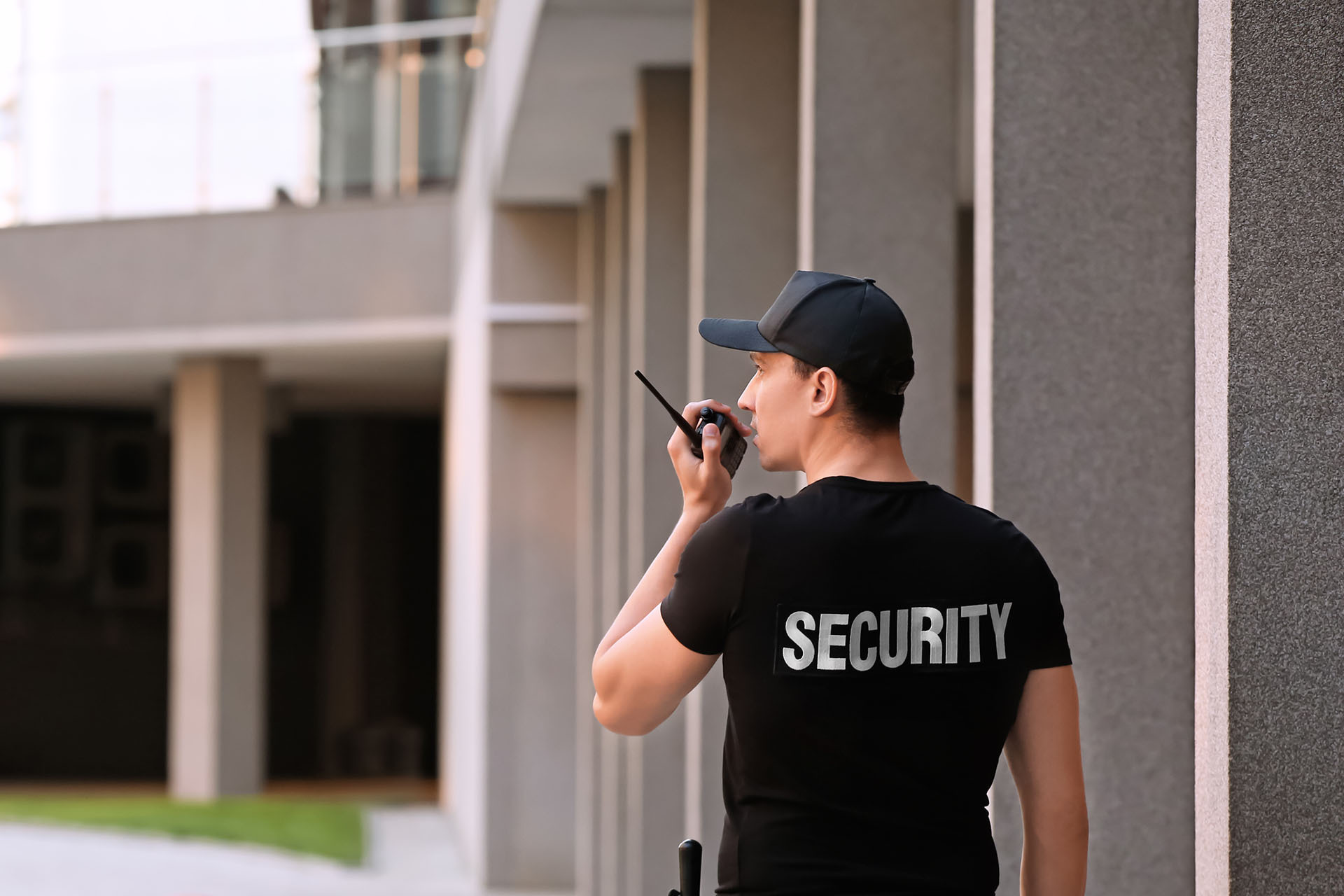What Legal Regulations Govern the Operations of Security Guard Services?
Private security guard firms are essential for guaranteeing the safety and security of residences, workplaces, and other establishments. But immense power also entails great responsibility. Several legal laws control the operations of private security guard businesses in Los Angeles. Let's discuss the laws that Los Angeles private security guard services must abide by.
Licensing Requirements:
The California Department of Consumer Affairs Bureau of Security and Investigative Services (BSIS) regulates private security guard companies in Los Angeles. According to California law, anyone who wishes to work as a private security guard must obtain a license from BSIS. The licensing requirements include a criminal background check, training, and passing an examination. Private security guard companies must also obtain a permit from BSIS to operate in Los Angeles.
Training Requirements:
Private security guard companies must provide security guard training to their employees. The training must cover topics such as the use of force, arrest procedures, and legal issues relevant to the security guard's duties. Furthermore, it must be conducted by a licensed training facility and completed before the security guard begins work.
Use of Force:
Private security guards are authorized to use force only under certain circumstances. Force must be necessary to defend themselves or another person from imminent bodily harm. Additionally, the use of force must be proportionate to the threat the aggressor poses. Private security guards are not authorized to use lethal force unless it is necessary to defend against a threat of death or severe bodily injury.
Arrest Procedures:
Private security guards can make arrests under certain circumstances. The arrest must be based on possible cause, and the private security guard services must believe that the person has committed a crime. Private security guards must also follow the same arrest procedures that police officers follow, including advising the arrestee of their Miranda rights.
Uniforms and Equipment:
Private security guards must wear distinctive uniforms that identify them as security personnel. The uniform must not resemble any law enforcement uniform. Additionally, private security guards are authorized to carry firearms only if they have completed the required training and have obtained a permit to carry a gun. Private security guards are licensed to carry other non-lethal weapons, such as rods and pepper spray.
Record Keeping:
Private security guard companies in Los Angeles must maintain records of their employees, including their training records, criminal background checks, and licensing information. Additionally, they must maintain records of any incidents that occur while their employees are on duty, including the use of force, arrests, and any other incidents that require the intervention of law enforcement.
Private security guard firms must comply with several legal regulations
that govern their operations. These regulations are in place to ensure the
safety and security of businesses, homes, and other establishments and to
protect the rights of individuals. As a result, private security guard
companies must understand and comply with these rules to provide practical and
lawful security services to their clients.


Comments
Post a Comment